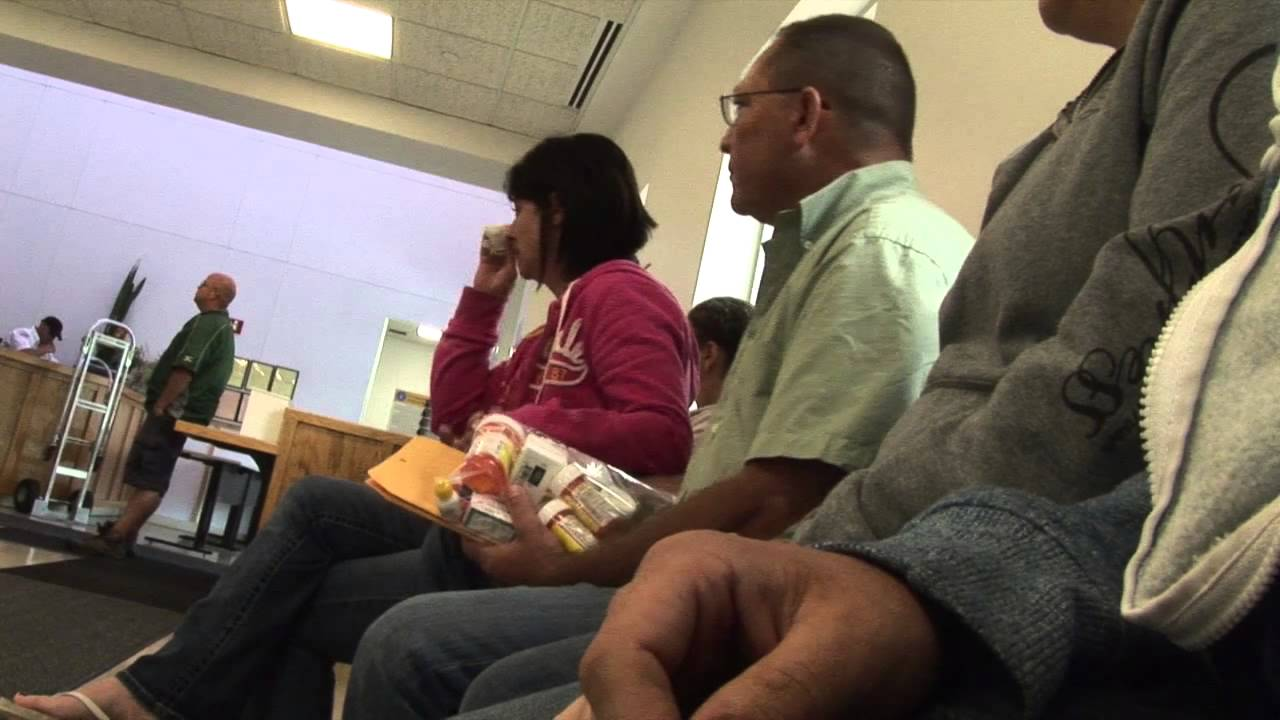BOP: Self-Surrender, Ensuring a Smooth Transition
Avoid a stay in Solitary Confinement,
‘Self-Surrendering Successfully’ in the BOP.
Before the sentencing hearing.
1. Ensure accuracy of the PSR.
2. Verify public safety factors (PSFs) to ensure appropriate security levels. These could include or preclude camp placement for otherwise qualified defendants.
3. Counsel should consult with the client to determine:
• Which facility the client prefers?
• Appropriately calculated security level verified.
• Submit the proposed recommendation to the prosecutor to get their Non-Objection.
• The Non-Objection then gets submitted to the court and clerk at sentencing.
• PSR Accuracy.
a. Formal findings are made by the judge: Federal Rule of Criminal Procedure 32(c)(1) and attached to the PSR before it is forwarded to the BOP.
b. Findings are made in the “Statement of Reasons” (sealed form), the section of the judgment will also suffice.
c. Check that the clerk prepares the judgment correctly including your SOR content.
d. Criminal history score may not change a defendant’s score, but it can negatively impact prison designation.
After sentencing with the designation made:
· Review with the defendant information such as nearby hotels, visiting hours, mail, commissary, telephone, items that are allowed in prison, etc.
What the defendant can bring with them:(P5580.08)
1. Basic wedding band, Bible.
2. Prescriptions for medications (4 weeks recommended, at worst they are thrown out, at best they are available for your use. When surrendering on weekends or holidays the BOP may allow these to be used if not available from their onsite pharmacy), medical devices, and glasses (that are not made with metal).
3. ID: birth certificate, passport, driver’s license, and social security card.
4. Cash; $320 ($370 in November and December), then use either Money Gram or
Western Union for monthly deposits.
5. Legal papers.
6. List of personal names (including phone numbers and addresses).
A copy of the article can be found in LinkedIN

